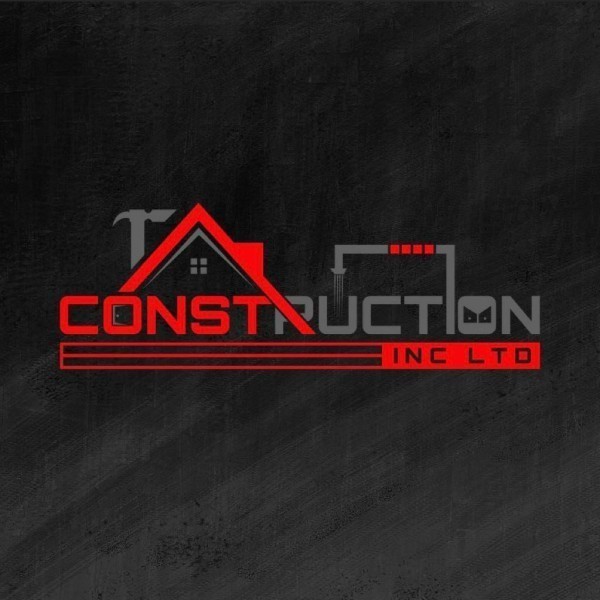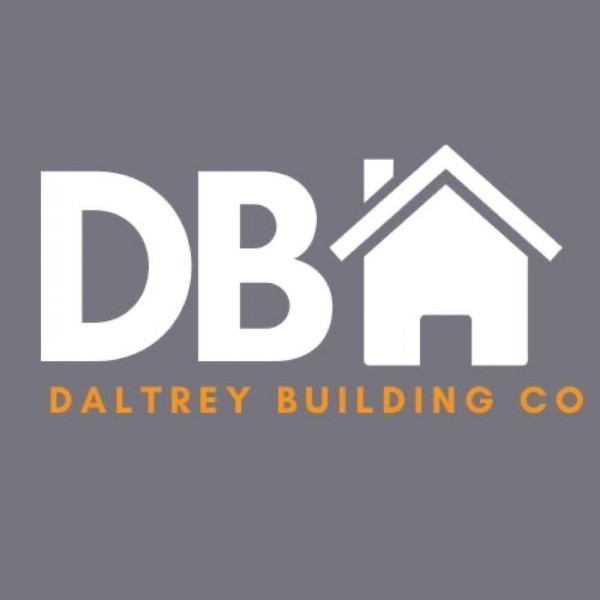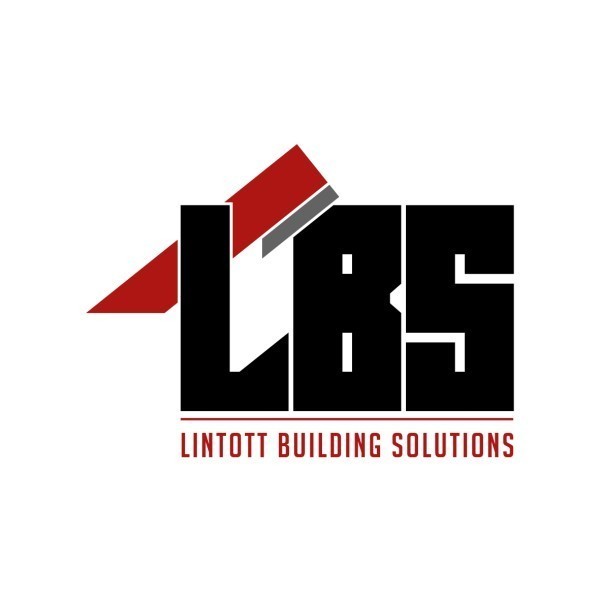Loft Conversions in Frinton-On-Sea
Filter your search
Post your job FREE and let trades come to you
Save time by filling out our simple job post form today and your job will be sent to trades in your area so you can sit back, relax and wait for available trades to contact you.
Post your job FREESearch Loft Conversions in places nearby
- Loft Conversions in Basildon
- Loft Conversions in Billericay
- Loft Conversions in Braintree
- Loft Conversions in Brentwood
- Loft Conversions in Brightlingsea
- Loft Conversions in Burnham-On-Crouch
- Loft Conversions in Canvey Island
- Loft Conversions in Chelmsford
- Loft Conversions in Chigwell
- Loft Conversions in Chipping Ongar
- Loft Conversions in Clacton-On-Sea
- Loft Conversions in Colchester
- Loft Conversions in Epping
- Loft Conversions in Grays
- Loft Conversions in Great Dunmow
- Loft Conversions in Halstead
- Loft Conversions in Harlow
- Loft Conversions in Harwich
- Loft Conversions in Loughton
- Loft Conversions in Maldon
- Loft Conversions in Rayleigh
- Loft Conversions in Saffron Walden
Understanding Loft Conversions in Frinton-On-Sea
Loft conversions in Frinton-On-Sea have become a popular choice for homeowners looking to maximise their living space without the hassle of moving. This charming seaside town offers a unique blend of traditional and modern architecture, making loft conversions an attractive option for enhancing property value and functionality. In this article, we'll explore the ins and outs of loft conversions, providing you with a comprehensive guide to transforming your attic space into a beautiful and practical area.
The Benefits of Loft Conversions
Loft conversions offer numerous benefits, making them a worthwhile investment for many homeowners. Firstly, they provide additional living space, which can be used for various purposes such as a bedroom, home office, or playroom. This extra space can significantly enhance your quality of life, especially if your family is growing or you need a dedicated area for work or hobbies.
Moreover, loft conversions can increase the value of your property. In Frinton-On-Sea, where property prices are steadily rising, adding a loft conversion can offer a substantial return on investment. Additionally, loft conversions are often more cost-effective than building an extension, as they utilise existing space within the home.
Environmental Impact and Energy Efficiency
Another benefit of loft conversions is their potential to improve your home's energy efficiency. By insulating the roof and walls during the conversion process, you can reduce heat loss and lower your energy bills. This is particularly important in Frinton-On-Sea, where the coastal climate can be quite chilly during the winter months.
Types of Loft Conversions
There are several types of loft conversions to consider, each with its own advantages and suitability depending on your home's structure and your personal preferences. The most common types include:
- Velux Loft Conversion: This type involves installing Velux windows into the existing roofline, making it the most straightforward and cost-effective option. It's ideal for homes with sufficient headroom and is less disruptive than other types.
- Dormer Loft Conversion: A dormer conversion extends the existing roof to create additional floor space and headroom. It's a versatile option that can be adapted to various property styles.
- Mansard Loft Conversion: This involves altering the roof structure to create a flat roof with a steep rear slope. It's suitable for properties with limited space and offers maximum headroom and floor area.
- Hip to Gable Loft Conversion: This type is ideal for semi-detached or detached homes with a hipped roof. It involves extending the gable wall and altering the roof structure to create more space.
Choosing the Right Type for Your Home
When deciding on the type of loft conversion, consider factors such as your budget, the existing roof structure, and your intended use for the space. Consulting with a professional architect or builder can help you determine the best option for your home in Frinton-On-Sea.
Planning Permission and Building Regulations
Before embarking on a loft conversion project, it's essential to understand the planning permission and building regulations requirements in Frinton-On-Sea. Generally, loft conversions fall under permitted development rights, meaning you may not need planning permission. However, there are exceptions, particularly if your property is in a conservation area or if the conversion involves significant alterations to the roof structure.
Building Regulations Compliance
Regardless of planning permission, all loft conversions must comply with building regulations. These regulations ensure that the conversion is structurally sound, safe, and energy-efficient. Key areas covered by building regulations include:
- Structural stability and roof load-bearing capacity
- Fire safety, including escape routes and smoke alarms
- Insulation and energy efficiency
- Ventilation and natural light
- Staircase design and access
It's advisable to work with a qualified architect or builder who can guide you through the planning and building regulations process, ensuring your loft conversion meets all necessary requirements.
Designing Your Loft Conversion
The design of your loft conversion plays a crucial role in its functionality and aesthetic appeal. Consider how you intend to use the space and what features are most important to you. For instance, if you're creating a bedroom, you'll need to think about storage solutions, lighting, and privacy. If it's a home office, consider ergonomic furniture and connectivity options.
Maximising Space and Light
To make the most of your loft conversion, focus on maximising space and natural light. Clever storage solutions, such as built-in wardrobes and shelving, can help keep the area organised and clutter-free. Skylights and large windows can flood the space with natural light, creating a bright and inviting atmosphere.
Choosing the Right Materials
The materials you choose for your loft conversion can significantly impact its overall look and feel. Opt for high-quality materials that complement your home's existing style and provide durability and comfort. Consider using sustainable materials to reduce your environmental footprint and enhance the energy efficiency of your conversion.
Flooring and Insulation Options
When selecting flooring, consider options that offer both style and practicality. Hardwood floors, carpets, and laminate are popular choices, each with its own benefits. Insulation is another critical consideration, as it helps maintain a comfortable temperature and reduces energy consumption. Ensure your loft conversion is well-insulated to maximise its energy efficiency.
Hiring Professionals for Your Loft Conversion
Undertaking a loft conversion is a significant project that requires the expertise of skilled professionals. Hiring experienced architects, builders, and contractors can ensure the success of your conversion and help you avoid costly mistakes. Look for professionals with a proven track record in loft conversions and check references and reviews to gauge their reliability and quality of work.
Project Management and Coordination
Effective project management is crucial for a smooth and successful loft conversion. A dedicated project manager can oversee the entire process, coordinating between different trades and ensuring the project stays on schedule and within budget. This can alleviate stress and allow you to focus on the exciting aspects of your new space.
Cost Considerations for Loft Conversions
The cost of a loft conversion in Frinton-On-Sea can vary depending on factors such as the type of conversion, the size of the space, and the materials used. On average, a basic loft conversion can cost between £20,000 and £40,000, while more complex conversions can exceed £50,000.
Budgeting and Financing Options
When planning your loft conversion, it's essential to establish a realistic budget and explore financing options if needed. Consider obtaining quotes from multiple contractors to compare costs and ensure you're getting the best value for your money. Additionally, check if there are any government grants or incentives available for energy-efficient home improvements.
Common Challenges and Solutions
Loft conversions can present various challenges, but with careful planning and expert guidance, these can be overcome. Common challenges include limited headroom, structural issues, and planning permission hurdles. Solutions may involve creative design approaches, structural reinforcements, or seeking professional advice to navigate planning regulations.
Dealing with Limited Space
If your loft space is limited, consider innovative design solutions such as mezzanine levels, multifunctional furniture, and clever storage options. These can help maximise the available space and create a functional and comfortable environment.
Maintaining Your Loft Conversion
Once your loft conversion is complete, regular maintenance is essential to ensure it remains in top condition. This includes checking for signs of wear and tear, maintaining insulation and ventilation, and addressing any issues promptly. Regular maintenance can prolong the lifespan of your conversion and protect your investment.
Seasonal Maintenance Tips
Consider seasonal maintenance tasks such as cleaning gutters, inspecting the roof for damage, and ensuring windows and doors are properly sealed. These tasks can help prevent potential problems and keep your loft conversion in excellent shape year-round.
Frequently Asked Questions
- Do I need planning permission for a loft conversion in Frinton-On-Sea? Most loft conversions fall under permitted development rights, but it's essential to check with your local council, especially if your property is in a conservation area.
- How long does a loft conversion take? The duration of a loft conversion can vary, but on average, it takes between 6 to 12 weeks, depending on the complexity of the project.
- Can I convert any loft space? Not all lofts are suitable for conversion. Factors such as headroom, roof structure, and access need to be considered. A professional assessment can determine feasibility.
- Will a loft conversion add value to my home? Yes, a well-executed loft conversion can significantly increase your property's value, often providing a good return on investment.
- What is the best type of loft conversion for my home? The best type depends on your home's structure, budget, and intended use for the space. Consulting with a professional can help you make an informed decision.
- How can I ensure my loft conversion is energy-efficient? Proper insulation, energy-efficient windows, and sustainable materials can enhance the energy efficiency of your loft conversion.
Loft conversions in Frinton-On-Sea offer a fantastic opportunity to expand your living space and add value to your home. By understanding the process, choosing the right type of conversion, and working with experienced professionals, you can create a beautiful and functional space that meets your needs and enhances your lifestyle.































